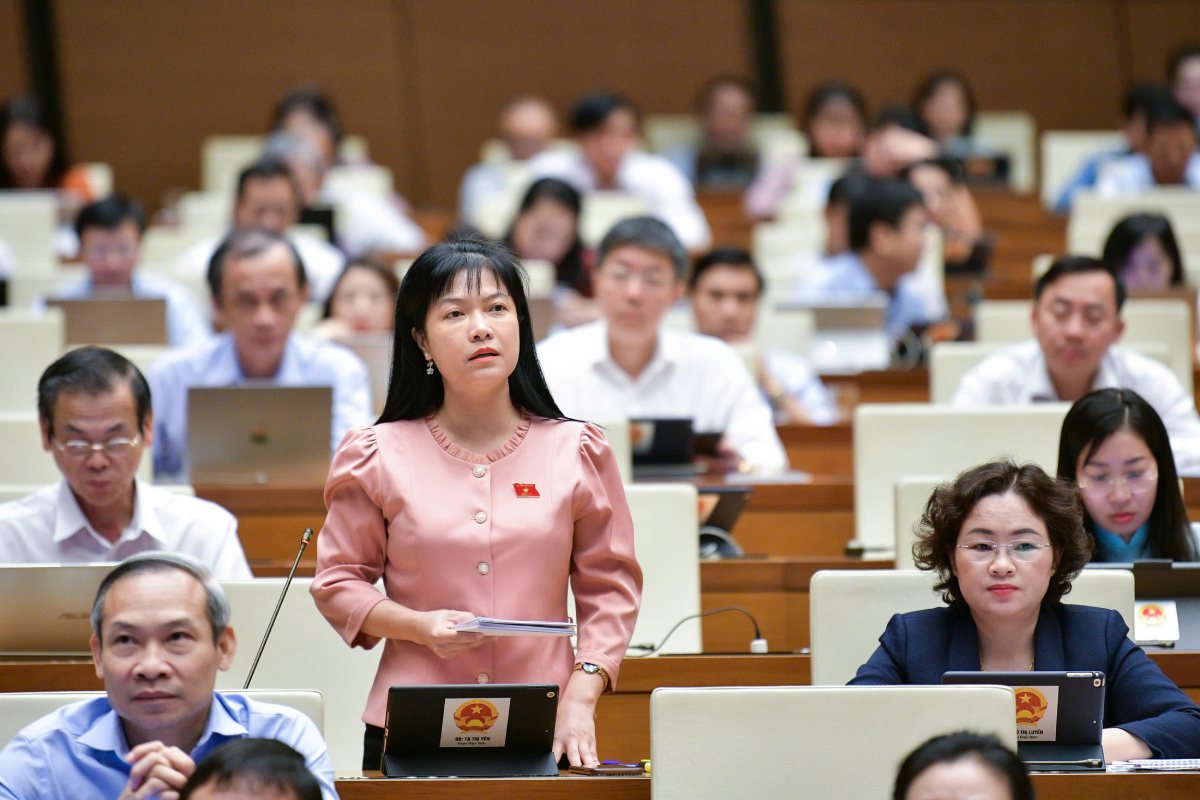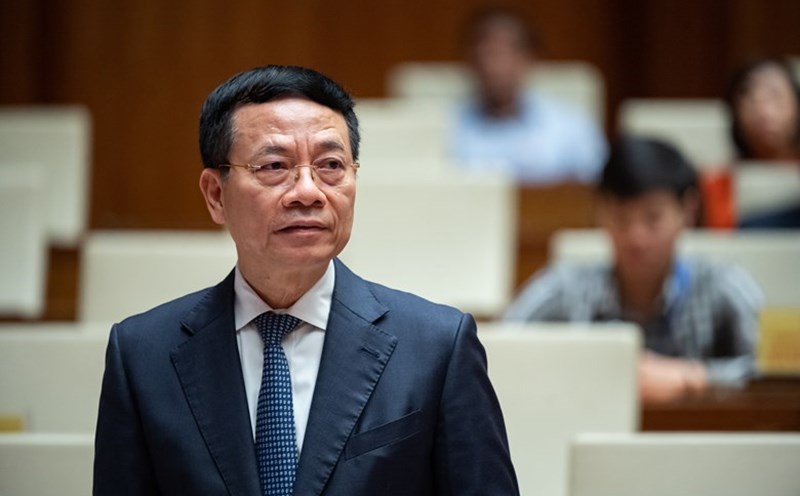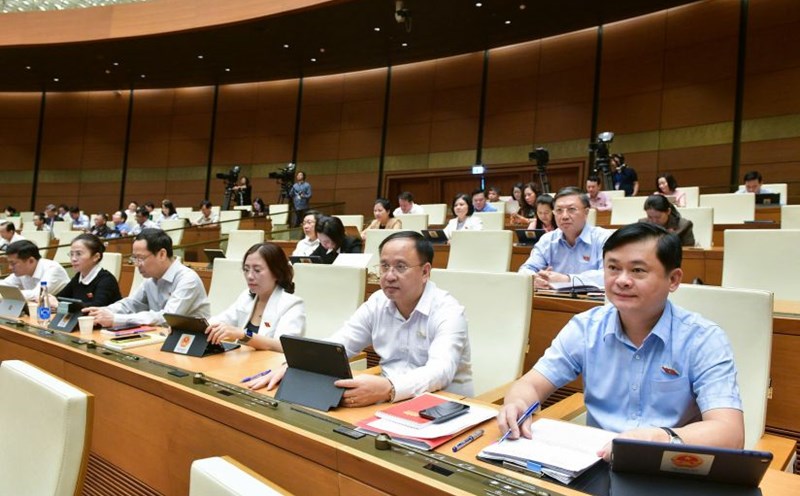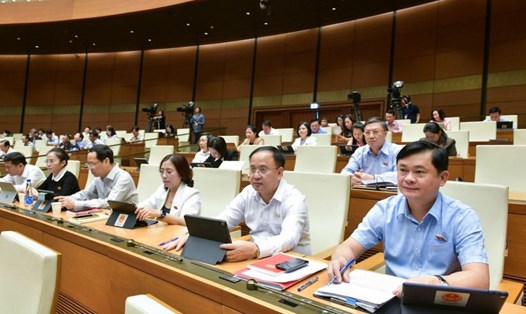On the morning of November 12, the National Assembly questioned the information and communication sector. One of the issues that delegates were concerned about was enhancing the role of the mainstream press.
Responding to this issue, Minister of Information and Communications Nguyen Manh Hung said: "When social networks were born, it could be said that they took away the profession of journalism. For hundreds of years, journalism focused on reporting news, but now social networks report news faster. Social networks have tens of millions of reporters for free, everywhere."
According to the Minister, if the press wants to maintain its position, it must do things differently from social networks, returning to the core values of journalism with authentic, accurate, objective news, accountability, and professional ethics.
Instead of reporting news, we need to analyze and evaluate, instead of commenting, we need to offer solutions, instead of reporting news, we need to tell stories... to lead and orient society.
Previously, in real space, the press was dominant. Now in cyberspace, information from the press must guide the mainstream. The Ministry of Information and Communications, the Central Propaganda Department, and the Vietnam Journalists Association have identified this as the main direction to redefine the position and role of revolutionary journalism.
"We also determined that the best way to compete with social networks is to do things differently from social networks, returning to our core values. Using social network technologies to do journalism, two-way interaction, considering social networks as tools, platforms and environments to appear," the Minister emphasized.

Asking questions, delegate Ta Thi Yen (Dien Bien delegation) said that the issue of press economics and press business model must be solved so that traditional press can compete and survive, play the role of a shock soldier on the cultural and ideological front, and contribute to the sustainable development of the country.
Answering this question, the Minister said that many years ago, when the market economy first entered Vietnam, businesses were required to advertise to sell their products. Therefore, they spent a lot of money on advertising and had only one medium: the press.
At that time, there were few press agencies and the press agencies also wanted to be financially autonomous, not using the state budget. But when social networks appeared, they took away 80% of online advertising, and both direct and online lost about 60%. Meanwhile, the press agencies were large in number with 880 agencies.
The Minister asked the question: How should we respond when the number of press agencies increases and revenue decreases?
In the Prime Minister's Directive on policy communication, it is required that ministries, branches, and local authorities at all levels consider communication as their own business. In addition to proactively providing information, there is an annual budget for policy communication and the budget is used to order newspapers.
Therefore, since 2023, authorities at all levels have increased budgets and placed orders for the press.
According to the Minister, when the Press Law is revised, there will be a separate section on press economics. This will allow some large press agencies to do business in content, business around the media field. But here, business is for journalism.
The Minister also emphasized that if the press follows social networks, it will be left behind. It must use digital technology to regain ground, increase the number of readers, and from there, advertising will increase.
In particular, the press planning has a very important content: the State focuses on investing in key areas for 6 key press agencies to become media forces with specific conditions and mechanisms.











